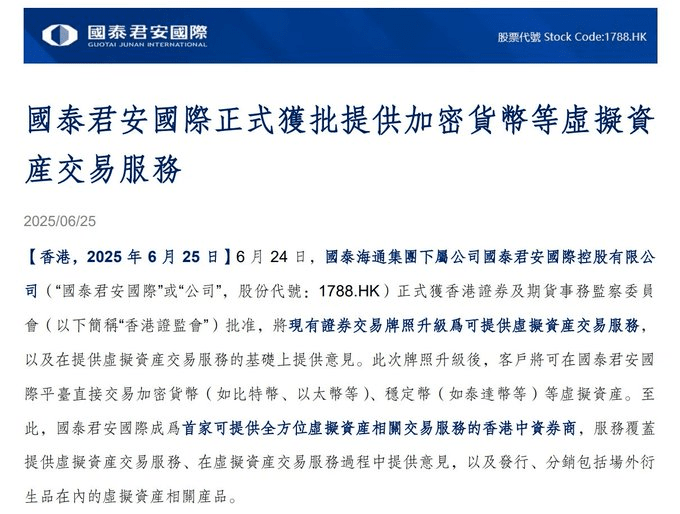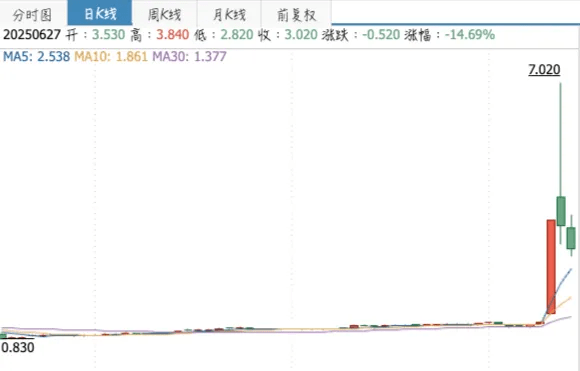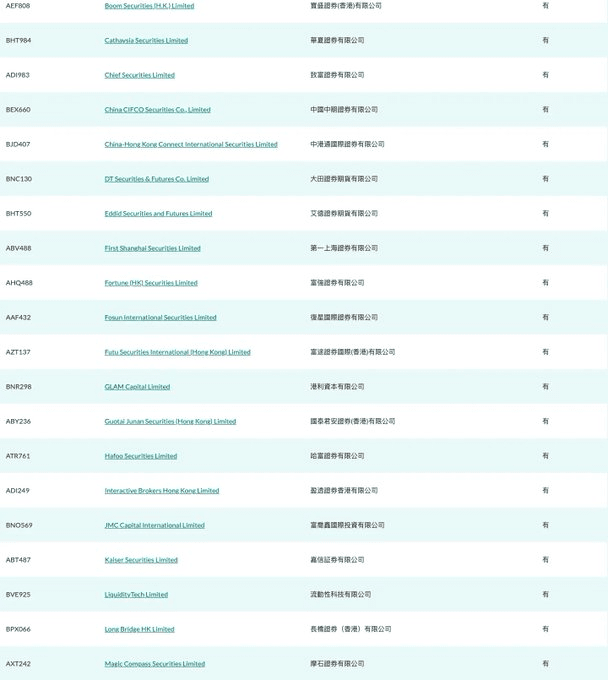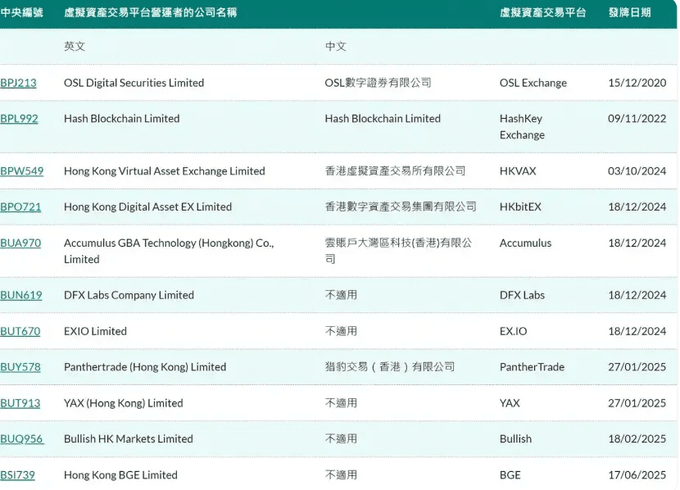On June 24, Guotai Junan International announced that it has officially received approval from the Hong Kong Securities and Futures Commission to upgrade its existing securities trading license to provide virtual asset trading services and offer advice based on providing virtual asset trading services. After the upgrade, customers can directly trade cryptocurrencies such as Bitcoin, Ethereum, and stablecoins like USDT on its platform.

After the announcement was released, Guotai Junan's international stock surged three times in three days 🚀🚀🚀.

The upgrade of the securities trading license conducted by Guotai Junan (also known as License No. 1 upgrade) refers to the licensed institutions legally expanding their virtual asset-related businesses based on the original securities trading license through the approval of the Hong Kong Securities and Futures Commission, including:
Collaborate with Hong Kong Securities and Futures Commission licensed virtual asset trading platforms to provide customers with buying and selling channels for mainstream compliant currencies like BTC and ETH, without involving high-risk altcoins or tokens. Essentially, it is distribution rather than self-operated business.

2. Financial institutions in Hong Kong that have completed the License No. 1 upgrade (currently a total of 41)
Guotai Junan International is not the only financial institution that has upgraded to License No. 1. As of June 27, a total of 41 institutions in Hong Kong have been approved for the 'License No. 1 upgrade' to provide virtual asset trading services, including 39 brokerages, 1 internet company, and 1 bank.

Licensed virtual asset trading platform
Regulatory regulations state that after the License No. 1 upgrade, approved institutions can only collaborate with Hong Kong Securities and Futures Commission licensed virtual asset trading platforms. Currently, there are a total of 11 licensed virtual asset trading platforms, as follows:

4. Subsequent operations
After the License No. 1 upgrade, for institutions, business channels have been broadened, and the revenue structure has become more diversified, but they will also face challenges such as increased compliance and operational costs. Cautious about chasing after a short-term surge in stock prices.

